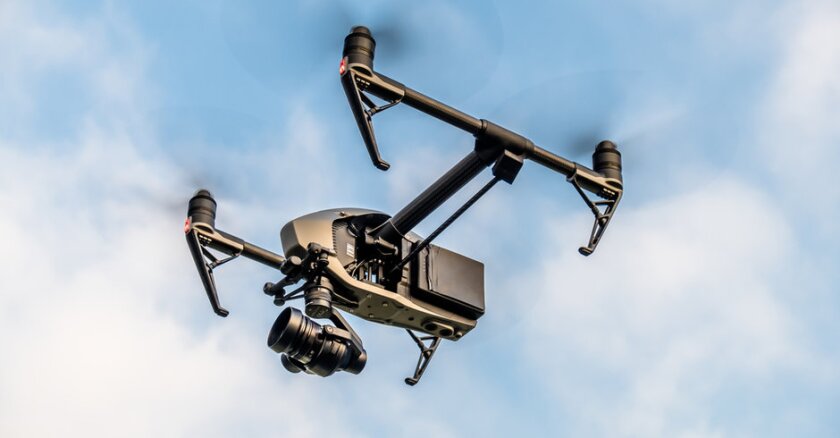Soon, the image could be ubiquitous. And not just a little bit concerning.
Federal officials have announced new rules that will allow operators of small drones to fly over people and at night. It's a move expected to turbo-boost the commercial use of the flying machines. And it's a development clamored for by leaders of industry, such as Amazon,
Advertisement
Drones have garnered the distinction as the fastest-growing segment in all of transportation, according to the
The widening use of commercial drones could translate to quicker delivery of goods to customers' front doors, undoubtedly a convenience for the public at large.
Convenience is not everything.
Regulatory hurdles should not be viewed as obstacles but, rather, as important safety measures. The new rules will require that drones that fly in the night sky be equipped with flashing lights that can be seen up to 3 miles away; drones that fly over people cannot have rotating parts capable of cutting skin; and operators will need special training. All drones that must be registered with the
Advertisement
Are these measures enough to control the downsides to the pending proliferation of unmanned aerial vehicles? It is unlikely.
Questions remain about airspace property rights, protection for landowners from "aerial trespassing." And UAV's "sense and avoid" capabilities must be top-notch so as to avoid midair collisions, especially when they're being used above crowds.
Of pre-eminent concern are privacy and legal rights of citizens. Limits should be put on the collection of data and images to protect privacy. Legal mechanisms must be in place to regulate government entities' use of drones to monitor the public. Privacy laws must be strong enough to ensure this technology will be used in a way that is consistent with democratic values.
Currently, there is no national framework governing how police make use of the data collected by drones, resulting in an inconsistent amalgamation of rules and regulations enacted by states and municipalities. As of
A handful of states have implemented laws requiring search warrants to be obtained by law enforcement agencies using drones for surveillance or searching. Those states include
A national standard should be adopted. Until then, states must pick up the slack and protect their citizens' legal rights.
Drones may be the next best thing in the public marketplace. And the federal enhancement of their regulation is a step in the right direction, but it is only a step. Federal regulators and lawmakers must remember that, when it comes to UAVs, safety and civil liberties must not be sacrificed on the altars of consumer convenience and business expansion.
(c)2021 the Pittsburgh Post-Gazette. Distributed by Tribune Content Agency, LLC.







